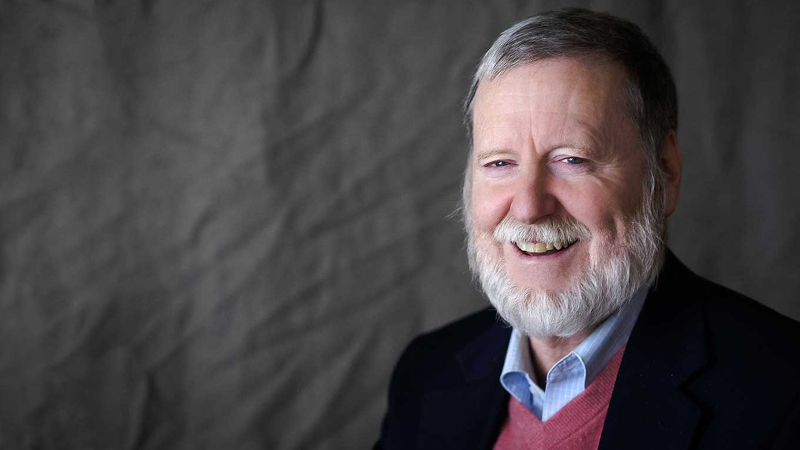David H. Rose

David Rose is a neuropsychologist and educator who is best known for his central role in developing the field of Universal Design for Learning (UDL) and in articulating the principles and practices of UDL that have been adopted widely throughout the world. Until his recent unsuccessful attempt to retire, he has served as the Executive Director of CAST, an internationally prominent non-profit research and development center that he co-founded in 1983, and on the faculty at Harvard’s Graduate School of Education where he has taught for more than 30 years.
As an educator, Dr. Rose has taught at almost every level, from preschool (Head Start in Peabody, MA) to graduate school (Tufts and Harvard) and in settings that ranged from inner-city public high schools (Portland, OR, and Boston, MA) to institutional schools for the developmentally disabled (Wrentham State School). In all of those settings, he has focused on those students whom traditional schooling and its methods have traditionally marginalized, stigmatized, or excluded.
As a neuropsychologist, Dr. Rose completed a postdoctoral fellowship in neuropsychology research at Children’s Hospital in Boston in 1980 and was subsequently hired as a staff psychologist in the Developmental Evaluation Clinic. After several years at Children’s, he was recruited by North Shore Children’s Hospital to be the director of their Medical and Educational Evaluation Center. While leading that clinic, Dr. Rose began teaching part time at Harvard, where he soon helped to develop (with Howard Gardner and Kurt Fisher) the Mind, Brain, and Education program. Over the next 30 years, he taught large courses, primarily in educational neuroscience and Universal Design for Learning.
As a researcher/developer, Dr. Rose has been the principal investigator on many US Department of Education and National Science Foundation grants, most of them related to advancing the research and practices of UDL at CAST. With that support CAST developed many award-winning technology and media products that were innovative examples of UDL in practice: Bobby, the world’s first Web accessibility checker, which was used to make millions of websites more inclusive; WiggleWorks, the first highly successful technology-based reading program (with $40 million in sales through Scholastic); and a dozen others.
As speaker/author. With the increasing prominence of UDL as a field, Dr. Rose has become a frequent keynote speaker at national and international conferences. As an author, he has produced dozens of journal articles and academic book chapters and is the author of multiple books, including Universal Design for Learning: Theory & Practice and Teaching Every Student in the Digital Age.
As policy innovator. Many state, national, and international governments, universities, and departments of education have adopted the principles and guidelines of UDL in educational policies. In the US, UDL practices are recommended or required in such national policies as the Higher Education Act, IDEA, and the National Educational Technology Plan. Especially important, CAST was the principal architect and advocate for the adoption of NIMAS – the National Instructional Materials Accessibility Standard.
Honors and Awards. With his CAST colleagues, Dr. Rose has won numerous national awards, including from the Smithsonian, the Tech Museum of Innovation, the US Department of Education, EdNET, the George Lucas Educational Foundation, and many others. In 2017 he was honored with a Lifetime Achievement Award from the Council for Exceptional Children. During the Obama administration he was honored at the White House as a “Champion of Change.”
Dr. Rose retired from Harvard and CAST in 2017 but continues to teach, write, and consult.